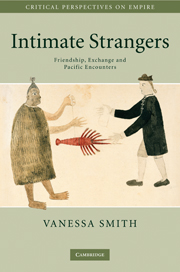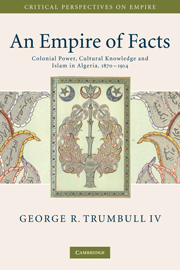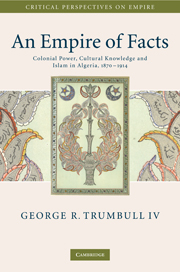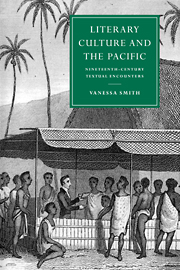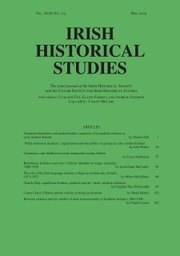Intimate Strangers
When Louis Antoine de Bougainville reached Tahiti in 1768, he was struck by the way in which 'All these people came crying out tayo, which means friend, and gave a thousand signs of friendship; they all asked nails and ear-rings of us.' Reading the archive of early contact in Oceania against European traditions of thinking about intimacy and exchange, Vanessa Smith illuminates the traditions and desires that led Bougainville and other European voyagers to believe that the first word they heard in the Pacific was the word for friend. Her book encompasses forty years of encounters from the arrival of the Dolphin in Tahiti in June 1767, through Cook's and Bligh's voyages, to early missionary and beachcomber settlement in the Marquesas. It unpacks both the political and emotional significances of ideas of friendship for late eighteenth-century European, and particularly British, explorations of Oceania.
- Uses encounter as a way of rethinking European philosophies of friendship from classical times to the late eighteenth century
- Balances European and indigenous perspectives
- Raises the question of the significance of friendship for studies of Empire
Reviews & endorsements
"...inspirational, recalling just how much has been forgotten or missed in previous readings of that archive."
--International Journal of Maritime History
Product details
October 2012Adobe eBook Reader
9781139785624
0 pages
0kg
18 b/w illus.
This ISBN is for an eBook version which is distributed on our behalf by a third party.
Table of Contents
- Introduction: amicable signs
- Part I. Making Contact:
- 1. Crowd scenes
- 2. Receiving strangers
- 3. Calculated affection
- 4. Performance anxieties
- Part II. Particular Friendships:
- 5. Fellow traveling
- 6. Ruinous friendships
- 7. Prizeable companions.

